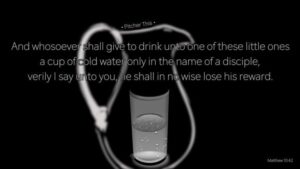In a gospel text that is well-known, I usually try to find an aspect which has perhaps gone unnoticed in the reflections and commentaries offered by different writers.
In today’s gospel (Mt.16:13-20), my attention is drawn to the fact that Peter is being praised by Jesus.
Peter must have been surprised: receiving from the Master what we would call a compliment!
“Blessed are you, Simon son of Jonah,
for this was not revealed to you by flesh and blood,
but by my Father in heaven.”
But it is a compliment which has two sides to it.
It is an encouragement to Peter telling him that he has understood who he, Jesus, is.
But it is also a reminder that this perception is not purely human knowledge, it is a revelation –
a revelation given by God himself.
In simple words: to know God, to understand ever more deeply who he is,
we need his own help and guidance.
Jesus said it clearly on another occasion:
“No one knows the Son except the Father.
Nor does anyone know the Father except the Son,
and the one to whom the Son wills to reveal Him.” (Mt.11:27)
If I am aware that I do not know God as he would like to be known by me,
perhaps it is that I do not ask him to make himself known to me…
Note: Another reflection on a similar theme in French can be found at: https://image-i-nations.com/21e-dimanche-de-lannee-a-2020/
Source: Image: ferrysburgchurch.com


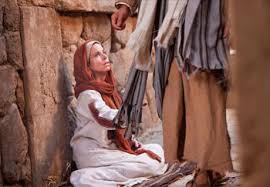 The Syrophoenician woman we meet in today’s gospel (Mt.15:21-28) may not have known how to read, but…
The Syrophoenician woman we meet in today’s gospel (Mt.15:21-28) may not have known how to read, but… But that night on the lake when they were struggling against the storm, the mighty wind, and the waves threatening to sink their boat…
But that night on the lake when they were struggling against the storm, the mighty wind, and the waves threatening to sink their boat… He says:
He says: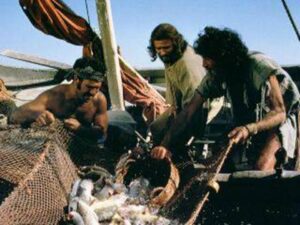 “The kingdom of heaven is like a dragnet that was cast into the sea
“The kingdom of heaven is like a dragnet that was cast into the sea 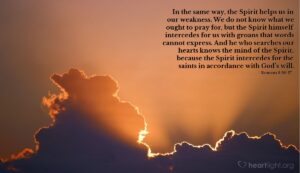
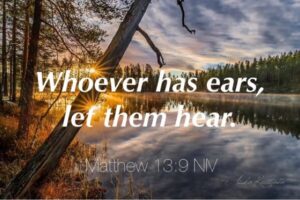 He says: “He who has ears to hear, let him hear!”
He says: “He who has ears to hear, let him hear!”
 “Small is beautiful” – people like to repeat it.
“Small is beautiful” – people like to repeat it.